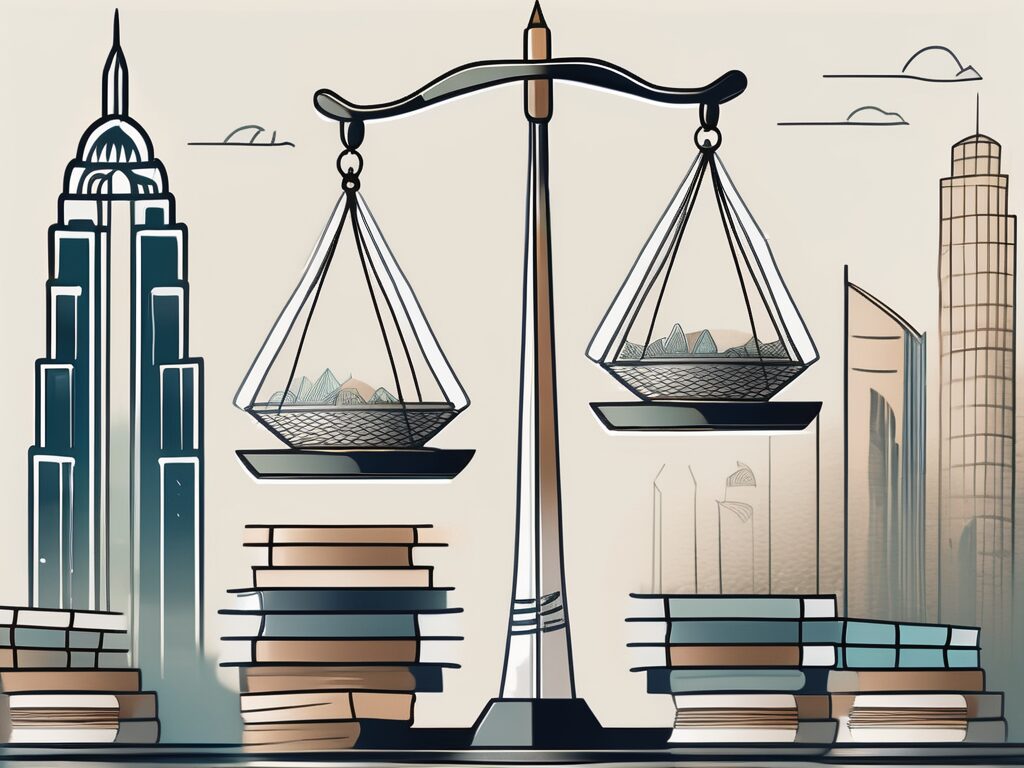Dubai, a city known for its towering skyscrapers and luxury lifestyle, has a less glamorous side to its education system. Despite the city’s rapid development and economic growth, there exists a stark disparity in the quality of education provided to its residents. This article aims to shed light on the education inequality in Dubai, offering five eye-opening insights for PGCE teachers.
1. The Wealth Gap and Its Impact on Education
One of the most significant factors contributing to education inequality in Dubai is the wealth gap. The city is home to a diverse population, with a large number of expatriates and a significant proportion of low-income workers. This economic disparity directly impacts the quality of education available to different sections of the society.
For instance, affluent families can afford to send their children to private international schools, which often provide superior facilities and a broader curriculum. On the other hand, less privileged families are left with no choice but to enrol their children in public schools, which may not offer the same quality of education.
2. The Quality of Public Schools Versus Private Schools
There is a noticeable difference in the quality of education provided by public schools and private schools in Dubai. While private schools often have access to better resources and employ highly qualified teachers, public schools struggle with limited resources and less experienced teachers.
Moreover, the curriculum in public schools is often more traditional and less diverse compared to that in private schools. This disparity in quality of education further widens the gap between the privileged and the underprivileged.
Comparative Analysis
Consider the case of the United Kingdom, where the quality of education is relatively uniform across both public and private schools. This is largely due to the stringent regulations and standards imposed by the government. The situation in Dubai, however, is quite different, with a clear divide in the quality of education provided by public and private schools.
3. The Language Barrier
Another significant factor contributing to education inequality in Dubai is the language barrier. The city’s diverse population means that there are many different languages spoken at home, which can make it difficult for some students to keep up in school where English is often the medium of instruction.
While affluent families can afford additional language support for their children, less privileged families often struggle to provide the same. This language barrier can hinder the academic progress of students from less privileged backgrounds, further exacerbating the education inequality.
4. The Role of Government Policies
Government policies play a crucial role in shaping the education landscape in Dubai. While the government has made significant efforts to improve the quality of public education, there is still a long way to go. The focus has largely been on improving the infrastructure of public schools, but there is a need to also address the quality of teaching and the curriculum.
Moreover, the government’s policies on education for expatriates also contribute to the education inequality. Expatriate families are often encouraged to send their children to private schools, which can be prohibitively expensive for less affluent families.
5. The Impact of Socioeconomic Status on Educational Opportunities
The socioeconomic status of a family can significantly impact the educational opportunities available to a child. Children from affluent families often have access to a wide range of educational opportunities, including extracurricular activities and overseas study trips. On the other hand, children from less privileged families often miss out on these opportunities, which can limit their overall educational experience.
Furthermore, children from less privileged backgrounds often face additional challenges, such as a lack of access to educational resources at home. This can make it difficult for them to keep up with their peers, further widening the education gap.
Conclusion
Education inequality in Dubai is a complex issue, with a multitude of contributing factors. However, understanding these factors can help PGCE teachers to better navigate the education landscape in Dubai and provide a more inclusive and equitable learning environment for all students.
While the road to education equality in Dubai may be a long one, every step taken towards this goal can make a significant difference in the lives of the city’s students.
Empower Your Teaching Career with The IQTS at UWE
As a PGCE teacher committed to addressing education inequality in Dubai, you have the power to make a transformative impact. The International Qualified Teacher Status (iQTS) programme at UWE is designed to elevate your teaching credentials, offering a pathway to overcome the barriers of strict qualification requirements. By joining the iQTS programme, you can enhance your career progression with a significant increase in promotion rates and salary, connect with a global network of professionals, and gain a comprehensive understanding of international curricula. Embrace the opportunity for professional development with flexible online study options that fit your busy schedule. Make Your Next Step towards a more equitable and fulfilling teaching future in Dubai and beyond.

